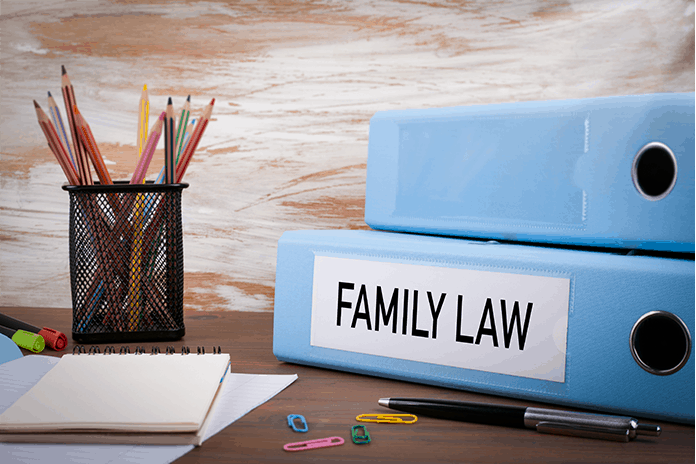In New Jersey, courts have established their expectation that NJ parents must provide for their children- even if one parent is virtually out of the picture. As far as the courts are concerned, the needs of the child are paramount.
So, in divorce cases where children are caught in the middle, a portion of the divorce agreement is dedicated to child support.
But life rarely decides to follow our wishes and there are circumstances where a child support agreement needs to be modified. The process to change it involves petitioning the court, proving circumstances, and getting the court’s approval.
That may seem complex, but we’ll break it all down right here.
NJ Child Support – A Brief Overview
Child support in New Jersey exists to ensure that the children of divorced parents are financially supported in all the ways that children of whole families are.
Put another way, child support is money that one parent pays the other so that their joint children have enough food, clothes, medication, shelter, and all the other “things” that growing children need. Anyone that has ever raised children knows how expensive the process can be, and NJ courts want to make sure that money is there even after divorce.
Now, there is a very important distinction to understand here: legally speaking child support is an obligation owed to the child, not the receiving parent. That may sound like semantics, but that’s the way the law is written. The support is paid to specifically support the child… the receiving parent is simply a custodian and administrator of that support.
The parent who pays child support is referred to as the “obligor”.
The parent receiving the support is the “obligee”.
While those two terms are consistent throughout NJ law, the system for child support is not nearly as rigid. Children grow. Needs do change, as can the means to provide. In most cases, modifying child support agreements is inevitable.
It is the “how” and the “why” that makes all the difference in whether changes are granted or not.
Modification of a NJ Child Support Agreement
Requesting a modification of an existing child support agreement starts with a question of whether the obligee is able to make ends meet and provide for the child, and whether the obligor is providing a fair portion (according to the court) of their income.
The NJ Supreme Court case that mostly laid the foundation for the modification of child support (and alimony) process was the 1980 NJ Supreme Court case Lepis v. Lepis 83 N.J. 139 (1980).
“…alimony and support orders define only the present obligations of the former spouses. Those duties are always subject to review and modification on a showing of “changed circumstances.””
In other words, the court clearly defined the seemingly obvious: any long-term agreement is limited by the information available at the time the agreement is made. And when the circumstances behind the agreement change, the agreement should be reviewed and changed as needed to balance the situation.
In New Jersey, either parent can petition the court for a modification of their child support agreement (to either increase payments or decrease payments) at any time.
For instance, if you want to legally reduce your child support payments in NJ, you have to file a request with the NJ Family Court system where you ask that your payments be reduced/modified and give the reasons why this request should be granted.
What Does Change in Circumstances Really Mean in NJ?
To establish an across-the-board application for modification of agreements, the Lepis court set forth a two-part process to determine what met the “changed circumstances” standard.
Any changes must be proven to be permanent or substantial. The burden of proof lies with the parent seeking the modification. If he or she fails, and the change is deemed temporary or hasn’t come to pass, the modification will be rejected. The most common scenarios where modification is successful include:
- An increase in the cost of living;
- An increase or a decrease in either parent’s income;
- A change in the parenting time schedule;
- A parent or child suffered a serious illness or disability after the court issued the original support award;
- One or both of the parent’s had additional children;
- A child goes away to college;
- A child becomes emancipated.
If the parent seeking modification makes a prima facie showing, then the other parent will have to submit financial information. Unless there are exceptions, the Court will usually apply the New Jersey Child Support Guidelines to calculate the new child support obligation.




